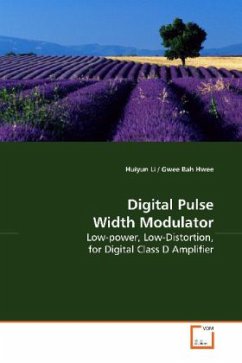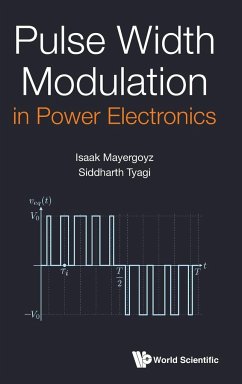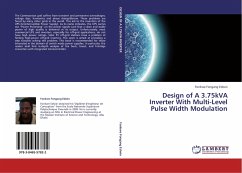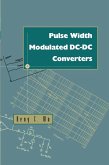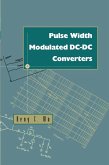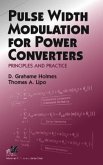We describe the design of a micropower digital
pulsewidth modulator (PWM) for a hearing instrument
Class D amplifier. The PWM embodies a novel delta-
compensation sampling process and a novel pulse
generator.The delta-compensation sampling process is
sampled at the same low rate as reported algorithmic
sampling processes and it features a similar low
total harmonic distortion (THD). Its arithmetic
computation is however, substantially simplified.
We analytically derive the double Fourier series
expression and show that the THD is low.The pulse
generator is based on a hybrid 9-b counter 3-b
tapped-delay-line. We investigate the compromise
between the different design parameters that affect
its power dissipation and THD. The complete proposed
PWM features a simple circuit implementation,
micropower low voltage operation, low sampling rate
and low harmonic distortion, thereby rendering it
suitable for a practical digital hearing instrument.
pulsewidth modulator (PWM) for a hearing instrument
Class D amplifier. The PWM embodies a novel delta-
compensation sampling process and a novel pulse
generator.The delta-compensation sampling process is
sampled at the same low rate as reported algorithmic
sampling processes and it features a similar low
total harmonic distortion (THD). Its arithmetic
computation is however, substantially simplified.
We analytically derive the double Fourier series
expression and show that the THD is low.The pulse
generator is based on a hybrid 9-b counter 3-b
tapped-delay-line. We investigate the compromise
between the different design parameters that affect
its power dissipation and THD. The complete proposed
PWM features a simple circuit implementation,
micropower low voltage operation, low sampling rate
and low harmonic distortion, thereby rendering it
suitable for a practical digital hearing instrument.

